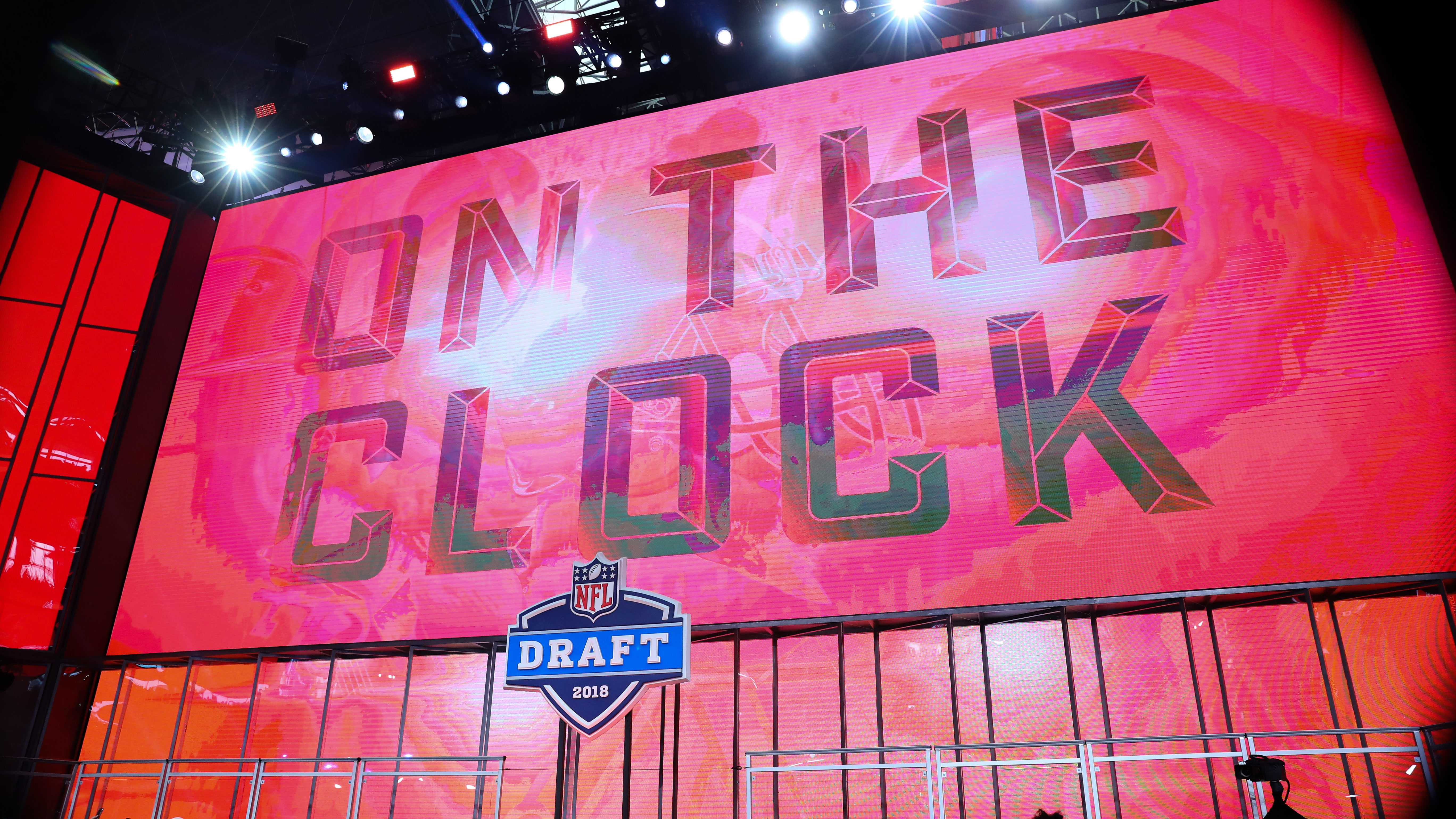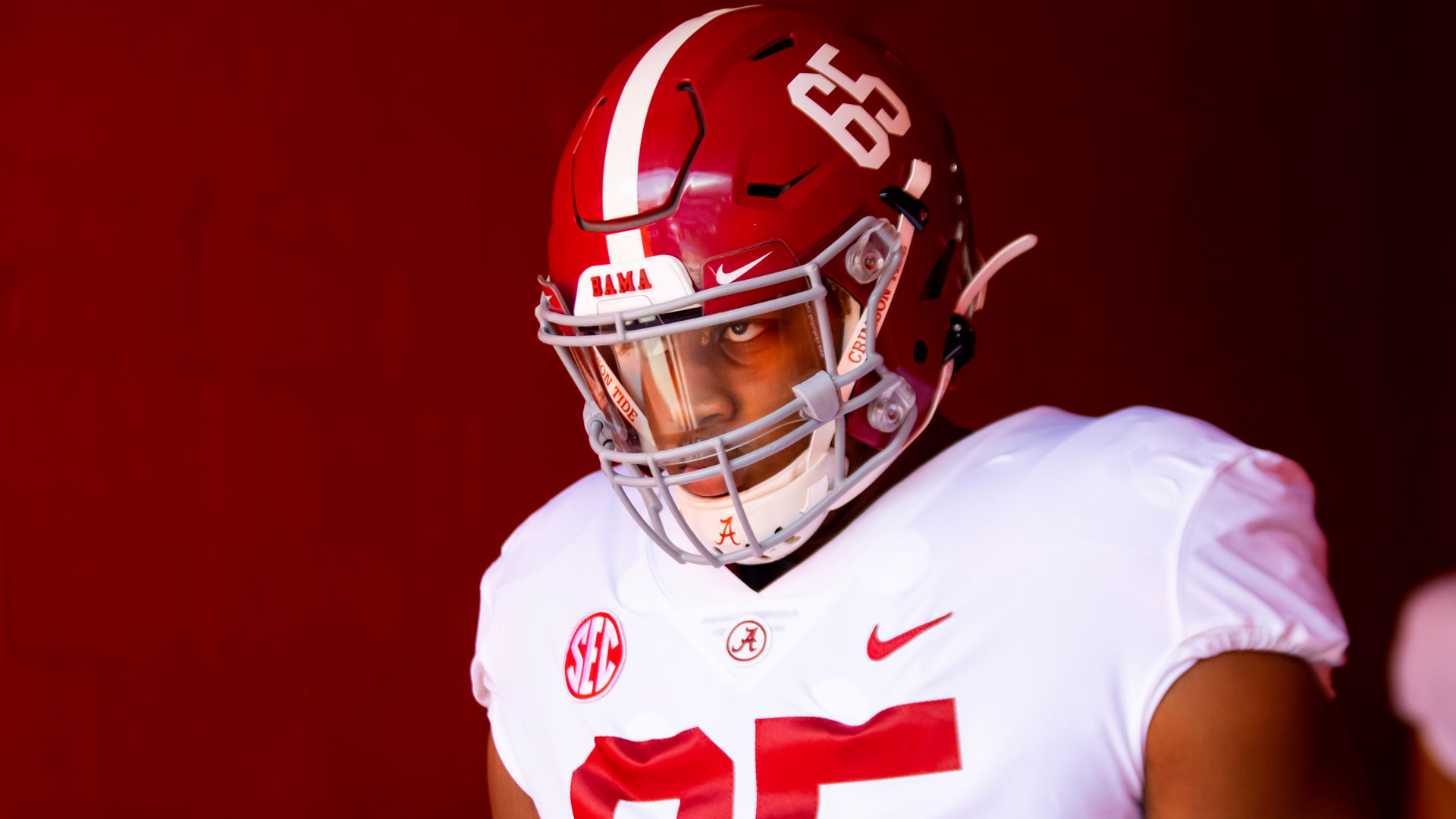
Not long after he was named head coach of the Eagles, Doug Pederson watched one of Andy Reid’s former coaches talk about his own personal development as a head coach.
And something clicked in his mind.
“I’ll you what, one thing that stood out to me was at the Super Bowl, Ron Rivera — who was here with Andy when I was here in 1999 — he did an interview and was asked about being a head coach,” Pederson said.
“And he said, 'You know what, there’s no handbook to being a head coach. There’s no manual for doing this. So you do it your way. Do what you think is right. Put your stamp on it. Set your schedule the way you want to set your schedule.'
“I thought that was really profound. Do it the way you want to do it. If this is your ship, and you’re the captain of the ship, steer it in the direction you want to steer it. And if it goes down, you’re going down with it. But if it takes off, you did it your way. That was a profound statement to me as a first-year head coach. Do it your way, and then whatever happens, you can live with it.”
Pederson plans to do it his way, and “his way” is the product of all the coaches he’s been around in 14 years as an NFL quarterback and seven more as an assistant coach.
Pederson, named head coach of the Eagles on Jan. 18, sat down with CSNPhilly.com and talked at length about 10 of his former coaches and teammates, what he learned from them and how they influenced and shaped who he is today.
NFL
We started yesterday with Dan Marino, Don Shula, Brett Favre, Mike Holmgren and Rod Dowhower (see Part 1).
We continue today with Andy Reid, Donovan McNabb, Brad Childress, Marty Mornhinweg and Pederson’s college coach, Pat Collins.
Andy Reid
"Going back to Green Bay, I can even remember when he was tight ends coach the first couple years I was there, even then, and he wasn’t even quarterbacks coach yet, but he taught me so many little things on what I was looking at defensively, from little indicators — and he’s still big on those indicators, tips, techniques that you see in the linebackers and guys in the secondary. He was teaching me those things as the tight ends coach. Then of course he became the quarterbacks coach for two years and it just furthered what all of us were doing.
"He’s so detail-oriented and fundamentals-oriented and obviously it made us all better as quarterbacks. It made Favre better. Teaching us the progression of plays. Then coming to Philadelphia and he brought me in as his quarterback. Nothing changed. He was still teaching fundamentals and details. That’s his teaching background. And it wasn’t about the plays. Obviously, we learned the plays. But how to detail your route, how to detail your eyes, how to focus on this aspect of that particular play. Just be who you are. Don’t try to be Brett Favre. Be who you are. And that’s going to be good enough. And he’s carried that all the way through his whole coaching career, as an assistant coach and as a head coach, and obviously has been very successful doing it, and he’s doing it in Kansas City, he’s doing the same things that he did back in 1999 when he came here and he stood up in the front of the room teaching. He loves to teach. Those are the biggest lessons for me, just being able to be in the room with him while he stood up there teaching."
Donovan McNabb
"Donovan, you know, when I signed here in '99, first thing Coach said to me [was] we were going to draft a quarterback. Didn’t know who it would be at the time obviously, but Donovan comes in and here’s a guy who was ready to learn. Just a raw talent, a tremendous talent, so athletically gifted, could throw it out of the stadium, and part of my job was to help him learn the system and to teach him some of our system that we brought from Green Bay.
"Obviously, that first year we struggled, we won five games, he and I both played, Koy Detmer played toward the end of the year, but that year was big in his growth as a quarterback, and he wasn’t thrown to the wolves right away. He and I always had and still have a great relationship, to this day. As much as I felt the media tried to divide it — Doug vs. Donovan, who should be playing, who should be starting — we never once wavered from who we were.
"He went on to have a great career here, but it all goes back to those first fundamental years when coach was teaching us so much football. The thing about Donovan, he was a willing participant. Sometimes a young quarterback comes in and they don’t want to be coached. But he was a sponge, and he wanted to learn everything he could. He knew he was the guy, he was going to be the face of the franchise. He soaked up everything."
Brad Childress
"He was my first quarterbacks coach here back in 1999 and then I was with him in Kansas City under Andy. He and Andy are best buds, and he was one that really challenged us as individuals every day. My set of challenges were different than Donovan’s at the time and how he motivated both us, but he always emphasized fundamentals and details but in very different ways. Then he went off to Minneapolis and became a head coach and then working with him in Kansas City, still the same Chili, still the same demeanor, still likes to have fun, still really knows the game.
"One thing about Chili, really knows the run game. That part of it — his college background I think plays a big part in that — and he was able to teach me aspects of the run game and how different things work and why they work that maybe I wasn’t able to see before. And then his experience as a head coach, that was great to be around the last three years and preparing me for the possibility that I would get the opportunity one day. He had a lot to share from his head coaching experience as far as the structure and the way he went about things."
Marty Mornhinweg
"I'll tell you, Marty’s very smart. Very smart football coach. Really knows the game. Football comes easy to Marty. Where a lot of people had to sit down and really study to understand things, Marty just gets it. The game comes real easy to him. Calling plays came easy to him. Putting together a game plan came easy. Being able to see past certain things and to really understand what was happening on the field, why different things were happening. Marty was just able to do all that very easily. Very intense guy. Very intense. But again, another guy Andy brought in that really knew our system, really knew our offense, and was able to teach it, was able to install it, was able to articulate it. If you’re the installer, putting in plays, you have to be able to articulate it, and he was very good at that. He brought a lot to the table. He had some head coaching experience in Detroit, he had been around a lot of great quarterbacks — Brett, Steve Young. He’s just really good with quarterbacks and has a unique ability to really teach the game of football to quarterbacks. His track record in his career with quarterbacks, guys he’s been able to develop, is really something else."
Pat Collins
"Pat was my head football coach in college at Northeast Louisiana (now Louisiana-Monroe). Just a real fiery guy, real intense — and I think college coaches can be that way. A guy that I just learned a lot from. He had a lot of little sayings, like, ‘Be on time, when time’s involved.’ Just little things like that that I still use. If the meeting's at 8 o'clock, get there at 7:58. He was such a detail guy, and I think that’s been the one thing about most of these guys, most of the coaches I’ve been around in my playing career and my coaching career, and it’s probably like this with most successful coaches, but that they’ve all been detail guys who emphasize just how important it is to pay attention to every little detail, and if you do that, everything will fall into place.
"Pat was a guy who had the ability to take the complex and make it simple. He taught us more about how to be men in college than he taught us about football, really. Just lessons in leadership, things like that. Take responsibility. Take ownership. On the field and off the field. How to handle yourself in the community, how to handle yourself with the media, and really prepared us for life after college. Whether you had a chance to go on or not. Those life lessons back then I’m still using today. A lot of the things I learned from Pat I brought when I coached high school. That same phrase he always used — 'Be on time, when time’s involved,' I used it with my kids. Pat’s still down there — he doesn’t coach anymore, but he’s still down there, I still talk to him, he’s like a proud dad now. He’s had a lot of players go on to play in the NFL, but to have one of his guys, one of his kids, become a coach, I know how proud he is."


